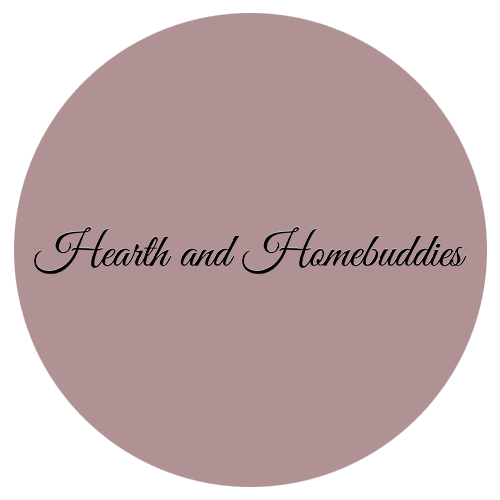How much sleep do you get every night? A full 8 hours of sleep? Or 5 to 6 hours? Or less?
People in the Asia-Pacific region are NOT getting the right amount of sleep. They sleep 1.2 hours less than what they really want, the 2018 AiA Healthy Living Index Survey reveals. Sleep gap —the gap between hours of sleep wanted and hours actually slept—in 2016 was one hour.

An increasing sleep gap is definitely an unhealthy trend.
Many of us think we can get away with 6 hours. We probably grab power naps during the day and believe that we have sufficient rest this way. There are just too many things that we need or (want) to do that we sacrifice our rest; taking what many feel is a small risk. But are the risks really that small?
Ever wondered why you can’t seem to lose weight, even when you’ve been on a diet for months? Do you find yourself cranky, groggy or having difficulty remembering things? Has your blood pressure been higher? Have you been getting sick more often? These are just a few effects of insufficient sleep.
Our body NEEDS 8 to 9 hours of sleep in order to properly recharge. Our brain needs rest as much as our muscles do. A study published by the University of Rochester in 2013 shared the discovery that our brain uses the time we sleep to flush away the toxins it accumulated during the day.

Our brain isn’t the only part of the body affected. Hormones are released while we sleep. We have different hormones running at night to try and repair our body. The lack of sleep can trigger an imbalance in our hormones. Some of these can affect our weight.
As far back as 2016, different organizations have expressed their concern over the increase of sleep disorders and other conditions arising from a lack of sleep and poor sleeping habits. The Philippine Society of Sleep Medicine (PSSM) has been conducting a series of campaigns to inform people of the benefits of sleeping properly. Various studies are being conducted to learn more about some of the sleep disorders affecting our country.
If you have ever worked in a call center, or any job where you follow the daytime hours of another country (opposite to ours), you probably have difficulty sleeping. I bet you’ve tried everything from making your room as comfortable as possible (soft bed and cooling the room), finding ways to dim your surroundings (blackout curtains) and maybe even using sleeping aids.
Most call center agents have a hard time falling asleep. Many wake up and still feel a little off but they can’t explain why, even when they’ve had 8 hours of sleep.

One of the reasons is that our circadian rhythm got thrown out of whack. Our body has a natural rhythm and by NOT sleeping at night, we’ve confused the system.
Here are some simple things we can do to help get better sleep:
- Use the bed only for sleeping.
- Remove all distractions from your sleep area — cellphones, laptops, gaming devices, books, TV, etc.
- Eat light before sleeping — nothing two hours before bedtime
- Drink coffee only in the morning.
We can’t wait until our body gives out. Love yourself enough to take better care of your health.

Get enough sleep.
* Originally published at AngPinoy on Nov 7, 2019.





